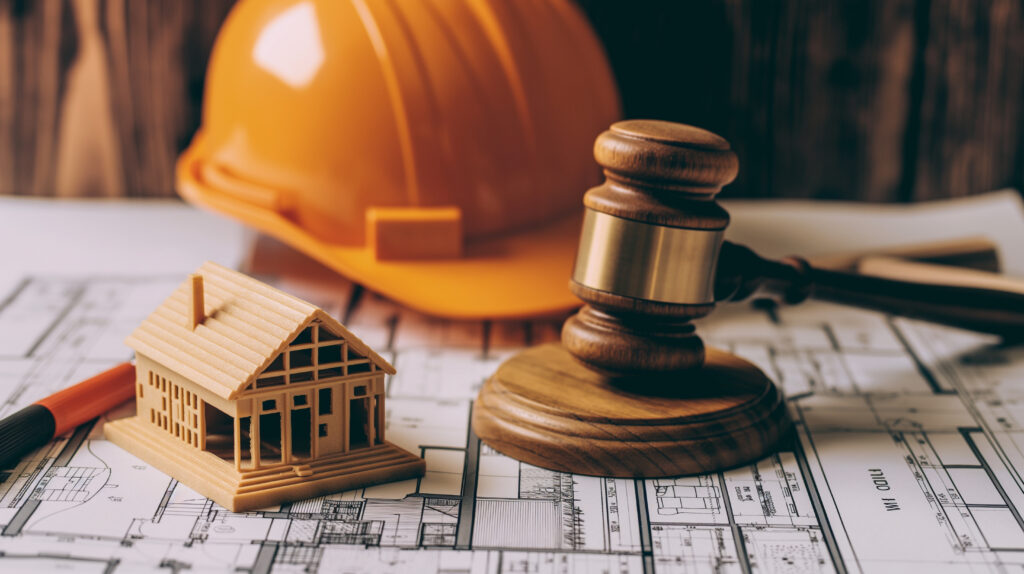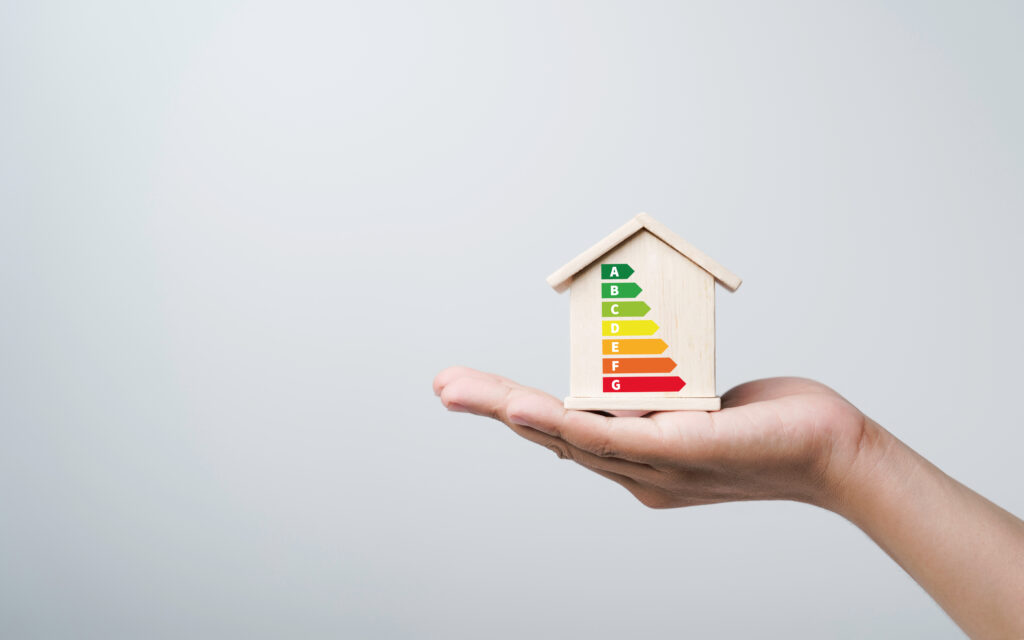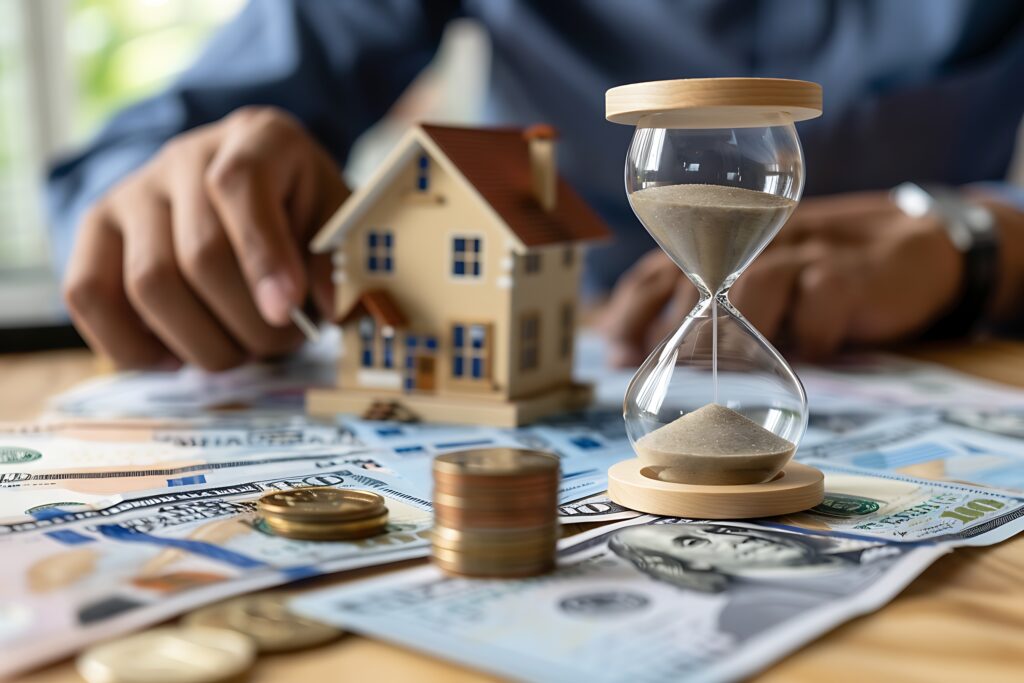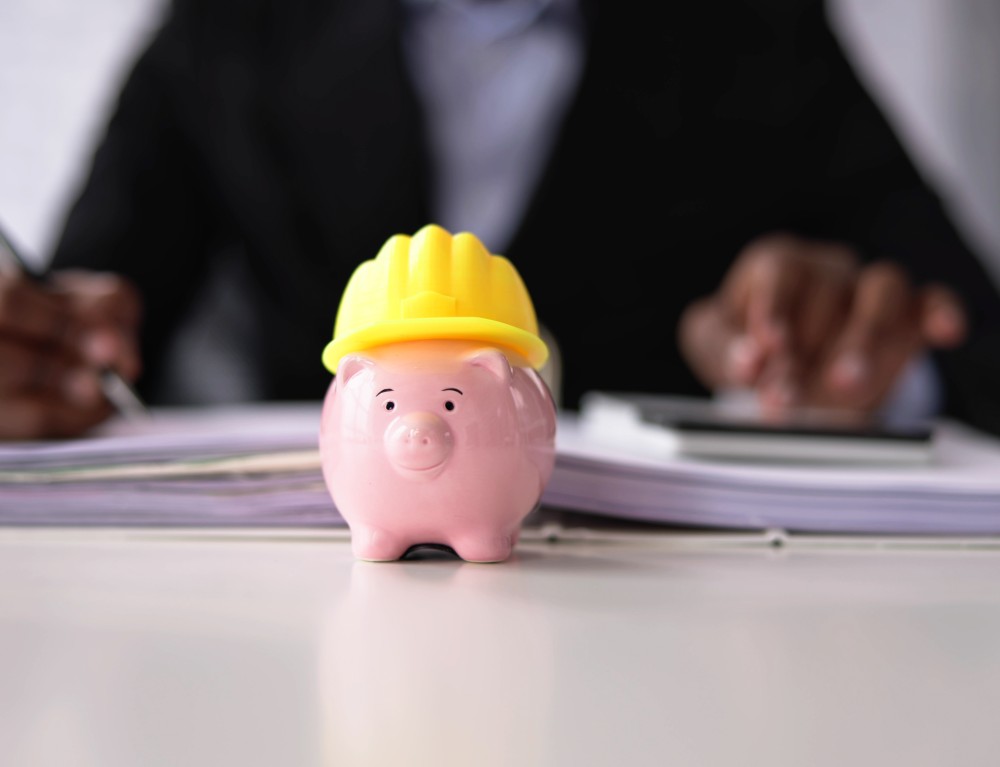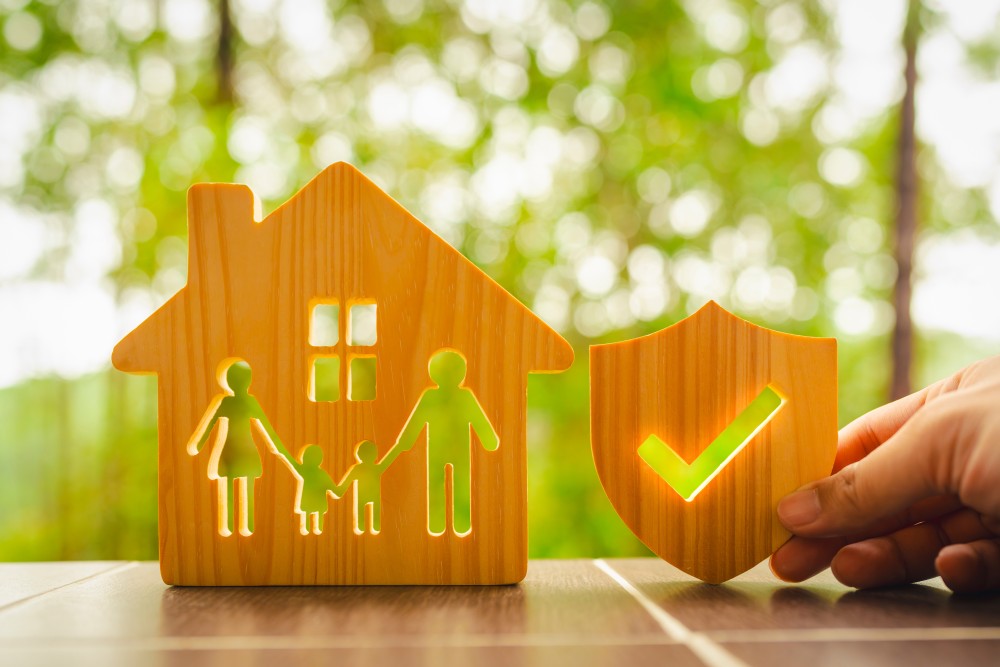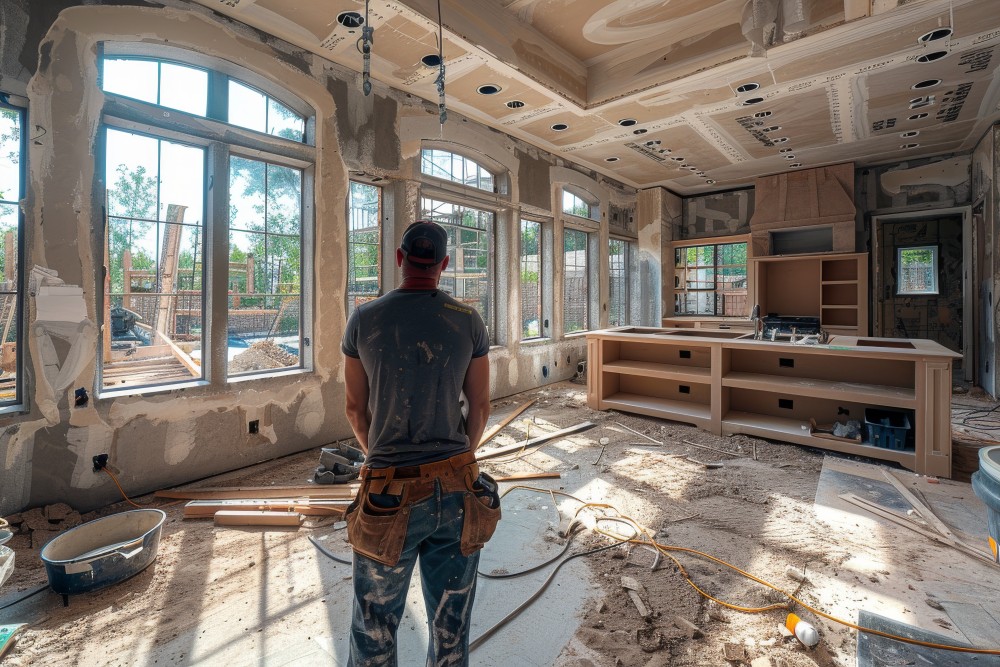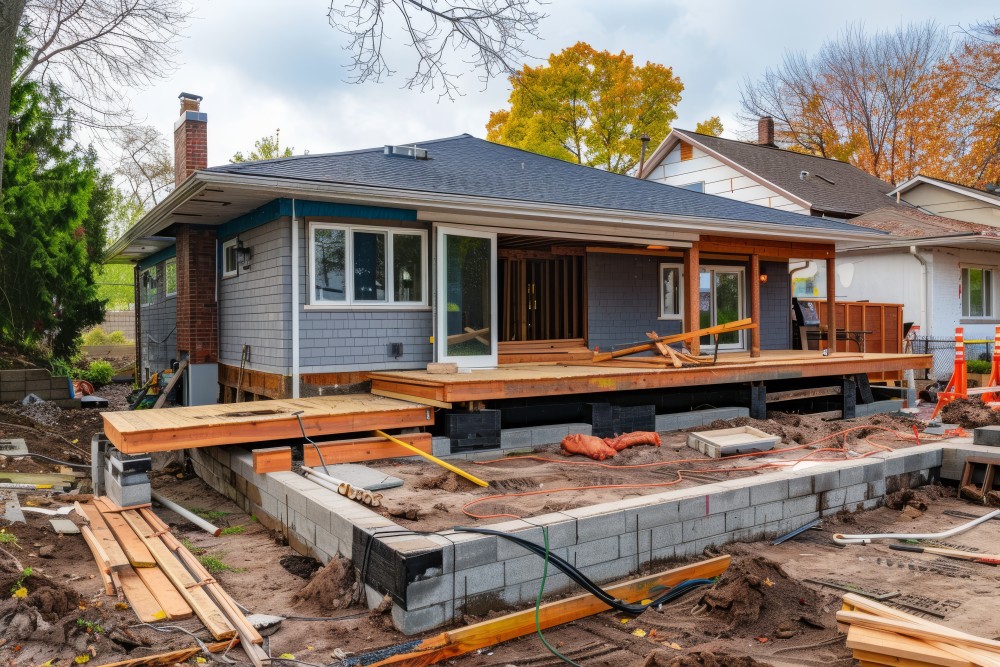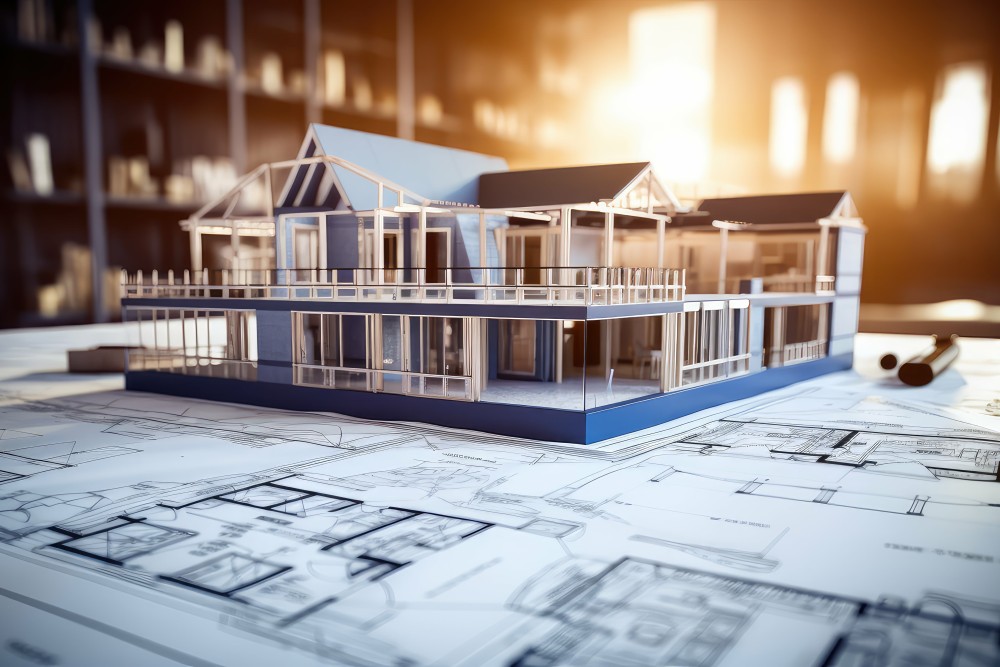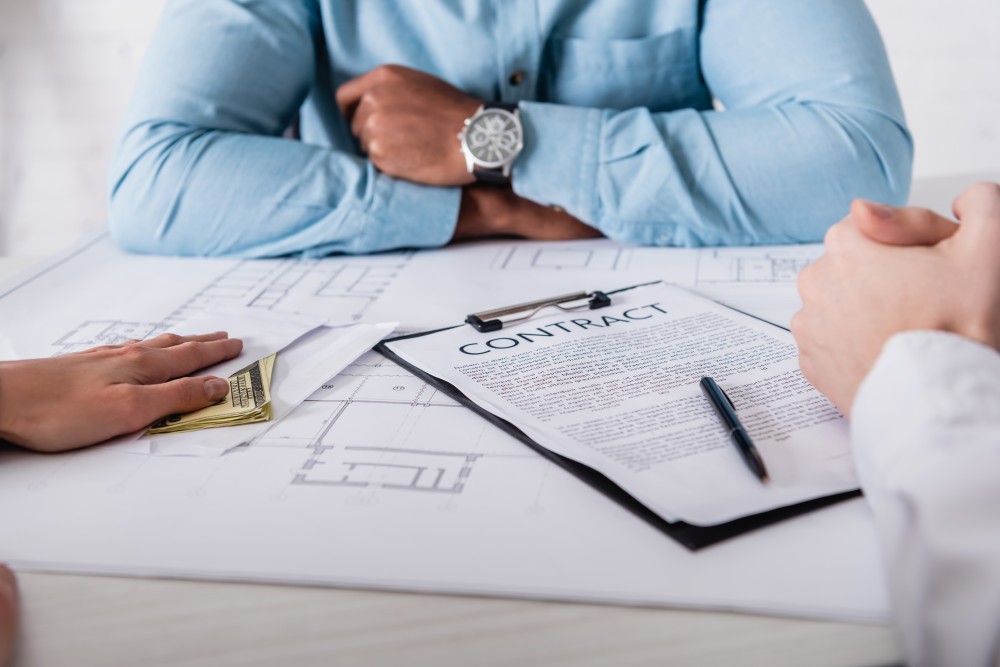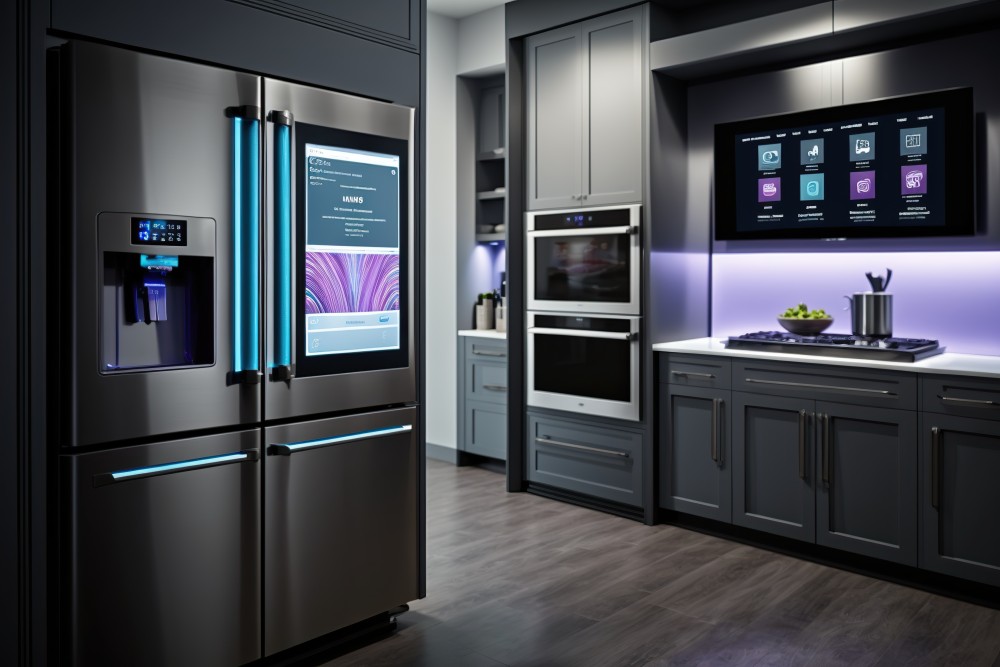1. Identifying Energy Inefficiencies
Comprehensive Assessment
- Detailed Analysis: Energy audits involve a thorough examination of your home’s energy use, including insulation, windows, doors, HVAC systems, and appliances.
- Professional Evaluation: Certified energy auditors use specialized tools and techniques, such as blower door tests and infrared cameras, to detect air leaks, inadequate insulation, and other inefficiencies.
Targeted Improvements
- Specific Recommendations: The audit provides a detailed report outlining specific areas where energy efficiency can be improved. This helps homeowners focus their renovation efforts on the most impactful upgrades.
- Prioritizing Projects: By identifying the most significant sources of energy loss, homeowners can prioritize projects that will yield the highest energy savings.
2. Enhancing Home Comfort
Improved Insulation
- Temperature Regulation: Addressing insulation issues helps maintain consistent indoor temperatures, reducing drafts and cold spots.
- Enhanced Comfort: Better insulation and sealing of air leaks lead to a more comfortable living environment, especially during extreme weather conditions.
Efficient HVAC Systems
- Optimal Performance: Ensuring that your HVAC system is operating efficiently enhances indoor air quality and comfort. Upgrading or servicing your system based on audit recommendations can lead to more even heating and cooling.
- Humidity Control: Energy audits can also identify issues with humidity control, leading to solutions that improve overall comfort and air quality.
Join HICP Homeowner’s Alliance
Connect with experts, get special discounts and enjoy member benefits
3. Reducing Energy Costs
Lower Utility Bills
- Energy Savings: Implementing the recommendations from an energy audit can significantly reduce your home’s energy consumption, leading to lower utility bills.
- Return on Investment: The initial cost of the energy audit and subsequent upgrades is often offset by the long-term savings on energy bills.
Increased Efficiency
- Efficient Appliances: Replacing outdated appliances and systems with energy-efficient models reduces energy use and costs.
- Behavioral Changes: Energy audits can also provide insights into energy-saving behaviors, such as adjusting thermostat settings and using energy-efficient lighting.
4. Environmental Benefits
Reduced Carbon Footprint
- Lower Energy Consumption: Improving your home’s energy efficiency reduces its overall energy consumption, which in turn lowers greenhouse gas emissions.
- Sustainable Living: Energy-efficient homes contribute to a more sustainable environment by conserving resources and reducing reliance on fossil fuels.
Support for Renewable Energy
- Solar and Wind Energy: Energy audits can help identify the potential for incorporating renewable energy sources, such as solar panels or wind turbines, into your home renovation plans.
- Green Certifications: Achieving energy efficiency improvements can help your home qualify for green certifications, increasing its value and appeal.
5. Increasing Home Value
Marketability
- Energy-Efficient Features: Homes with energy-efficient features are more attractive to potential buyers, who are often willing to pay a premium for lower operating costs and enhanced comfort.
- Competitive Advantage: An energy-efficient home stands out in the real estate market, providing a competitive advantage over less efficient properties.
Appraisal Value
- Higher Appraisals: Energy-efficient upgrades can increase the appraised value of your home, making it a better investment.
- Increased Equity: As your home’s value increases, so does your equity, providing financial benefits if you decide to sell or refinance.
3. Reducing Energy Costs
Lower Utility Bills
- Energy Savings: Implementing the recommendations from an energy audit can significantly reduce your home’s energy consumption, leading to lower utility bills.
- Return on Investment: The initial cost of the energy audit and subsequent upgrades is often offset by the long-term savings on energy bills.
Increased Efficiency
- Efficient Appliances: Replacing outdated appliances and systems with energy-efficient models reduces energy use and costs.
- Behavioral Changes: Energy audits can also provide insights into energy-saving behaviors, such as adjusting thermostat settings and using energy-efficient lighting.
4. Environmental Benefits
Reduced Carbon Footprint
- Lower Energy Consumption: Improving your home’s energy efficiency reduces its overall energy consumption, which in turn lowers greenhouse gas emissions.
- Sustainable Living: Energy-efficient homes contribute to a more sustainable environment by conserving resources and reducing reliance on fossil fuels.
Support for Renewable Energy
- Solar and Wind Energy: Energy audits can help identify the potential for incorporating renewable energy sources, such as solar panels or wind turbines, into your home renovation plans.
- Green Certifications: Achieving energy efficiency improvements can help your home qualify for green certifications, increasing its value and appeal.
5. Increasing Home Value
Marketability
- Energy-Efficient Features: Homes with energy-efficient features are more attractive to potential buyers, who are often willing to pay a premium for lower operating costs and enhanced comfort.
- Competitive Advantage: An energy-efficient home stands out in the real estate market, providing a competitive advantage over less efficient properties.
Appraisal Value
- Higher Appraisals: Energy-efficient upgrades can increase the appraised value of your home, making it a better investment.
- Increased Equity: As your home’s value increases, so does your equity, providing financial benefits if you decide to sell or refinance.
6. Preparing for Future Regulations
Compliance with Standards
- Building Codes: Energy audits help ensure that your home meets current building codes and standards, which are increasingly focused on energy efficiency.
- Future-Proofing: By making energy-efficient upgrades now, you prepare your home for future regulations and standards, avoiding the need for costly retrofits later.
Incentives and Rebates
- Government Programs: Many governments and utility companies offer incentives and rebates for energy-efficient upgrades. An energy audit can help you identify which improvements qualify for these programs.
- Cost Savings: Taking advantage of these incentives can significantly reduce the cost of your renovation project.
7. Making Informed Decisions
Data-Driven Planning
- Detailed Report: The comprehensive report from an energy audit provides data-driven insights that help you make informed decisions about your renovation plans.
- Customized Solutions: The recommendations are tailored to your home’s specific needs, ensuring that the upgrades are effective and beneficial.
Budget Management
- Cost-Benefit Analysis: Understanding the potential energy savings and cost implications of various upgrades helps you allocate your renovation budget more effectively.
- Long-Term Planning: An energy audit provides a roadmap for future improvements, allowing you to plan and budget for additional upgrades over time.
Conclusion
Conducting an energy audit before starting a home renovation project offers numerous benefits, from identifying energy inefficiencies and enhancing home comfort to reducing energy costs and increasing property value. By making informed decisions based on the insights provided by an energy audit, homeowners can achieve a more energy-efficient, comfortable, and sustainable home. Whether you’re planning a major renovation or minor upgrades, an energy audit is a valuable first step in ensuring the success and efficiency of your project.



